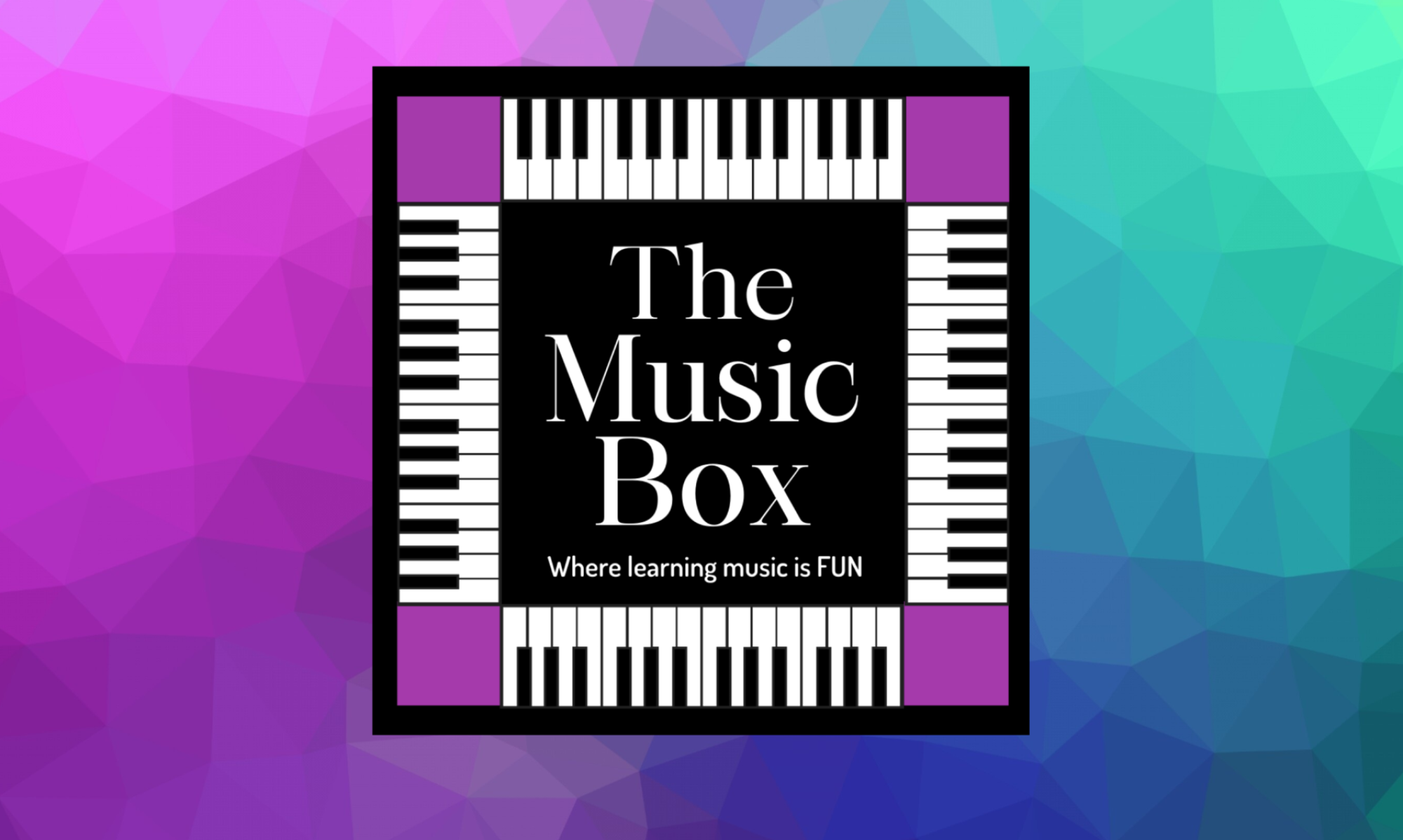Music lessons for your child – where to begin?
Congratulations! You want to give your child music lessons. There are so many choices out there it is hard to know where to begin. Which instrument, which teacher, which program and at what age are all issues to consider.
What is a good age to start lessons?
As soon as possible! Why? The ages of 0 – 9 yrs are the critical years during which neuroconnectivity is happening at a rapid rate. By 9 yrs old the brain is hardwired for music learning. This means that potential for learning beat, rhythmic and melodic skills are largely predetermined by age 9. Of course it is possible to teach older children how to read and understand music, but children who have had ample music experience at a young age are able to learn at a faster rate and find music reading/making skills easier to acquire and develop.
Which instrument should we begin with?
In my opinion, the piano is a perfect instrument for beginners. Children as young as 3 can easily learn the geography of a keyboard and can press the keys without difficulty. The linear nature of a keyboard makes it easy to understand unlike stringed instruments (ie. guitar) that require more complex physical manipulation to play different pitches.
Which program to choose?
For a young child, you are looking for a program that meets your child’s developmental needs. Young children cannot attend very long to one activity. They need to move, use all of their senses to learn and must be engaged throughout the learning process. You want a program that offers age appropriate learning experiences. Music For Young Children was developed to meet the needs of young children as they grow and develop, while providing experiences for all types of learning – tactile, kinesthetic, visual and auditory. Its’ curriculum has been carefully constructed to teach important skills and concepts (some of them very complex) while maintaining a sense of fun and play.
You also want a program where you are welcome and encouraged to participate. Music learning requires home practice. Many music skills are physical and can only be learned through repetition. Due to the home commitment, it is crucial that you as a parent are aware of and understand the concepts that your child is learning. Your support and encouragement are key ingrediants to the success of your child’s music learning. Music For Young Children classes require that each child has a participating adult partner. You learn right along with your child and that weekly hour of undivided attention for each other is an added perk that both of you will look forward to.
How should I choose a teacher?
Choosing the right teacher is very important. You want to find someone who is qualified. Ask about the training they have had, teaching experience, past student achievement etc. You are looking for a teacher who cares about his/her students. Are they warm and engaging? Do they get down to your child’s level when speaking to them? Do they work hard at making your child feel comfortable and supported and special? You are looking for a teacher who will make the parents feel comfortable, supported and special too! Ask to visit prospective teachers in their studio and bring your child. Watch how the teacher interacts with your child. The teacher/student bond is crucial if your child is going to accept instruction, praise and the constructive criticism necessary for progress. Word of mouth is always the best reference. What are other parents saying about the teacher?
Check out www.myc.com for an MYC teacher in your area. Any teacher listed on this site is highly qualified and recommended by their area coordinator who conducts regular evaluations of each teacher in their region.
Finding the right program and teacher for you and your child will ensure a love of music that lasts a lifetime. Best of luck as you set out on the exciting journey of music learning with your child!
